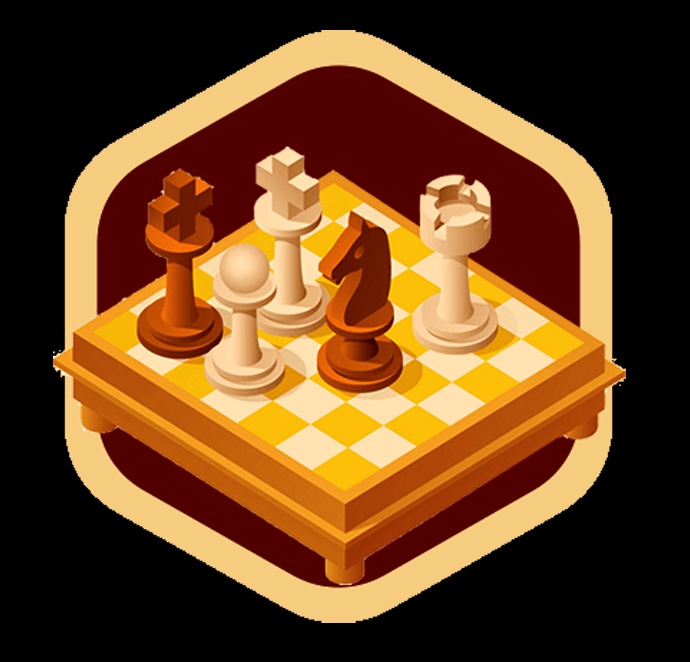In the world of game development, two key roles stand out: the game developer and the game designer. While these titles might seem similar, they encompass distinct responsibilities and skill sets that are crucial for creating exceptional gaming experiences. In this article, we will explore the roles of game developers and game designers, highlighting their unique contributions and discussing the importance of collaboration between these two vital roles.
Game Developer: The Architect of the Virtual World
Game developers are the technical wizards behind the scenes who bring the game designer's vision to life. They possess the coding prowess required to transform ideas and concepts into a functional and interactive gaming experience. Game developers work on various aspects of game development, including programming, software engineering, and implementing game mechanics.
One of the primary responsibilities of game developers is writing the code that powers the game. They create the underlying systems and frameworks, build the user interfaces, and program the game mechanics that dictate how the game behaves. They work closely with game designers to understand the design goals and translate them into actionable code.
Additionally, game developers are responsible for optimizing the game's performance, fixing bugs, and ensuring a smooth user experience. They collaborate with other members of the development team, such as artists and audio engineers, to integrate visual and audio assets seamlessly into the game. Their technical expertise and problem-solving skills play a critical role in overcoming challenges during development.
Game Designer: Crafting Immersive Gameplay Experiences
Game designers are the creative minds behind the gameplay experience. They shape the overall vision and concept of the game, defining its mechanics, levels, characters, and narrative. Game designers focus on creating engaging, immersive, and enjoyable experiences for players, while also considering factors such as balance, progression, and player motivation.
A game designer's toolkit includes a deep understanding of player psychology, game theory, and storytelling techniques. They design game levels, puzzles, and challenges that offer players a sense of achievement and progression. They also work on character development, ensuring that players can connect with the virtual personas they encounter in the game.
The role of a game designer involves extensive playtesting and iteration. They analyze player feedback, tweak game mechanics, and refine the overall experience to create a cohesive and captivating gameplay loop. Game designers collaborate closely with game developers to ensure that the technical implementation aligns with their creative vision.
The Power of Collaboration
While game developers and game designers have distinct roles, their collaboration is essential for a successful game development process. Their synergy combines technical expertise with creative vision, resulting in a cohesive and enjoyable gaming experience.
Collaboration begins during the initial stages of game development Company, where game designers and developers brainstorm ideas, discuss technical feasibility, and establish the scope of the project. Effective communication and a shared understanding of the game's objectives are crucial at this stage to avoid misunderstandings or misalignments later in the process.
Throughout development, game developers and game designers engage in a continuous feedback loop. Developers provide technical insights and limitations to guide the design process, ensuring that the designer's ideas can be implemented effectively. Likewise, designers offer feedback on the gameplay experience, suggesting adjustments and improvements that developers can implement to enhance the overall game.
By working together, game developers and game designers leverage each other's strengths, resulting in a higher quality end product. The collaboration leads to smoother workflows, increased efficiency, and a better allocation of resources. The final game reflects the fusion of technical excellence and creative brilliance, offering players an immersive and captivating gaming experience.
In the intricate world of game development, game developers and game designers play crucial roles in shaping the final product. While developers bring technical expertise and coding skills to create the underlying systems, designers provide creative vision and design captivating gameplay experiences.


No comments yet